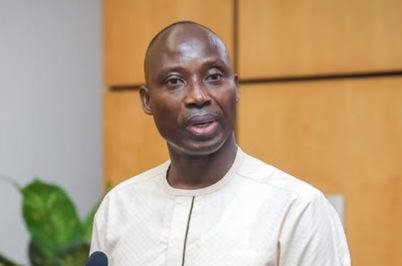
A Ghanaian man residing in the United States has expressed astonishment over the seemingly widespread ownership of expensive apartments in Ghana.
The man, who remains unidentified, claimed that his recent attempt to invest in real estate upon returning to Ghana prompted his scepticism about the source of wealth among Ghanaians.
Detailing his experience, the man recounted his efforts to explore real estate opportunities in upscale areas like the Airport Residential Area and East Legon. He noted a proliferation of high-rise developments, some towering up to 21 stories, with almost all units already sold out.
His inquiry into purchasing a studio apartment priced at $130,000 revealed additional costs, including a monthly service charge ranging from $150 to $350, which could escalate in the future.
So, after buying the $130,000 studio unit, you still have to pay a monthly fee of $150 to $350, which has no limit and can increase over time. Let's say in the next two years, they decide to charge $400 per month; you would have to pay that amount. When I did my calculations, I realized that even if I invest $130,000 in this property right now, it would take me about 20-something years to get my money back, just looking at the positive side of things
Investing $130,000 would take over 20 years to recoup, even under optimistic circumstances, the man remarked in the video.
Expressing incredulity, he posed a rhetorical question: All the rest of the units—the four bedrooms, the three bedrooms, the two bedrooms—were all sold out, mainly bought by Ghanaians who paid cash for those properties. Foreign companies keep coming in and building because Ghanaians are buying them.
So, my question was, which is just a rhetorical question because it's obvious: if you live in Ghana and you look at the average earnings of a Ghanaian, there's no way anyone living in Ghana making money from the system genuinely should be able to afford those properties. It's not possible.
The man's scepticism reflects broader concerns about economic disparities and the origins of wealth in Ghana. His critique has sparked discussions online, with many echoing his sentiments about the affordability of high-end properties amidst perceived income levels in the country with others outraged by the downplaying of the earnings of Ghanaians.
Read Full Story



















Facebook
Twitter
Pinterest
Instagram
Google+
YouTube
LinkedIn
RSS